Reading, writing and speaking skills are for the most part quite intricately related. If your child reads well, does that make him a good writer? If your child can write well, does that make her a good speaker? Our expert breaks it down for parents.
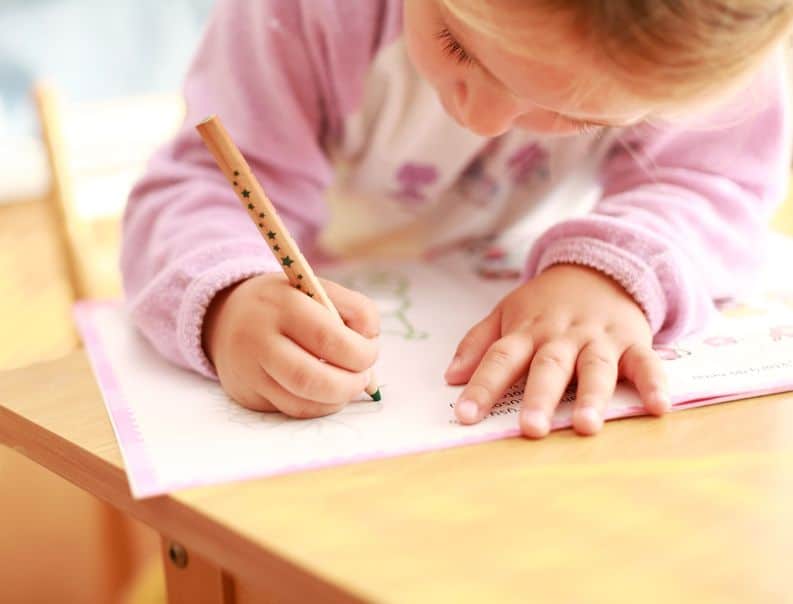
Does An Avid Reader = To A Good Writer?
Yes… It is commonly true that strong writers tend to be avid readers. Good writers often read extensively to obtain ideas, explore different language structures and contemplate the nuances of language used by other writers. The greatness of writing is almost always achieved by learning from reading.
Research has revealed that when children read extensively, especially a variety of genres, they are able to learn and appreciate text structures, which they can then use in their own writing. Reading also provides children with prior knowledge which can fuel their imagination.
But… It is not necessarily so that avid readers will always be good writers. While avid readers will find that they are exposed to lots of ideas, they may not be able to pen down those ideas in the best way possible. This is often true for children who read very quickly in order to enjoy the plot or storyline.
They may find it hard to read lengthy, descriptive passages and may skim through these quickly. However, if they learn to find pleasure in words, images created by the author’s choice of words and the rhythms and textures of the words themselves, they will probably be well on their way to becoming more effective writers.
Does A Good Writer = A Good Speaker?
Yes… Good writers tend to have an advantage in public speaking because they understand the complexities of language, often they have a very firm and fluent grasp of the language and this would usually be accompanied with a keen sense of audience.
As a teacher of literature and a mother, I often encourage my children to read aloud poetry and stories and enjoy the sound of the words.
When they began to write, we read aloud our writing regularly. My children learnt to value both writing and sharing their writing during a read-aloud session. It was a naturally created, safe platform for them to develop good writing and public speaking skills. This is something which I still do with my children during school holidays when we embark on little writing projects together.
But… Children would need to know and master the basics of public speaking in order to become good speakers. This includes learning to interact with the audience and speaking with vocal variety to make their speech more interesting and colourful.
What parents can do: Encourage children to share their writing with their peers, teachers and family members from a young age. This can help them to develop and hone their public speaking and presentation skills. It will also train them to be more conscious writers because they will be attuned to the impact that their writing has on their audience.
In what ways are speaking, reading and writing inter-related? In what ways are they not related?
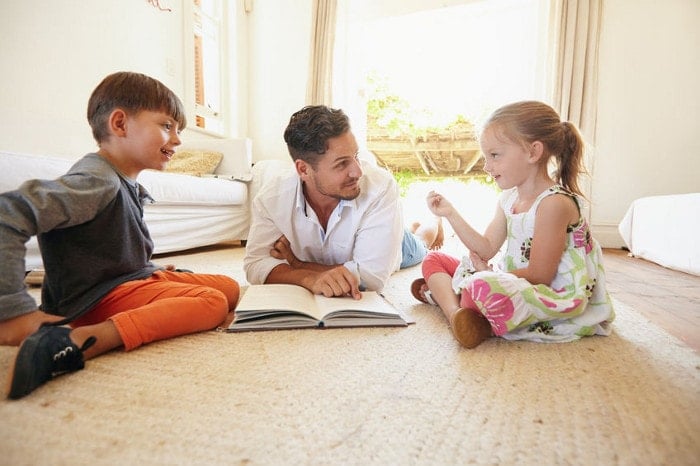
Yes, they are related…
In a child’s initial years of language acquisition, reading and writing are dependent on the child’s oral skills (which include listening and speaking). Young children will go on to use oral language skills to learn how to read. Older children will use their reading to extend their knowledge and learning. As they grow older, they will become more confident communicators in both spoken and written language.
Reading and writing have long been considered to be related skills. A good reading programme cannot exclude the development of writing skills and vice-versa. Speaking, on the other hand, works in a complementary manner to enhance a child’s reading and writing skills.
But they are also not so related…
In the area of language acquisition. For most children, reading and writing are skills that need to be taught. Our human brain is naturally wired to speak but it is not naturally wired to read and write. Children typically learn to read around age 5 and then proceed to master the skill over a few years.
Comprehending what they read and creating sophisticated texts of their own is something that happens as children go through formal education. Children at different stages of language development may also find themselves more competent in speaking and reading than in writing.
What parents can do: Encourage your child to tell their stories out loud when they are not yet able to express themselves in writing. This serves as an effective prelude to writing because they would be using their understanding of language structure, plot sequencing and vocabulary development to verbally narrate their stories.
Children will also benefit from opportunities to share their favourite stories, toys, games or news in a group. This provides a platform for them to hone their language development, which in turn will contribute to enhanced reading, comprehension and writing skills.
As parents, the best gift we can give our children is to speak to them and read to them from their birth. This old fashioned but tried and tested practice will give them the foundation for a lifelong journey in language acquisition and mastery.
Contributed by Mala Sundram, Head of Department of Speech & Drama and Readers and Writers, Julia Gabriel Centre
This article was first published in The New Age Parents e-magazine.
* * * * *
Like what you see here? Get parenting tips and stories straight to your inbox! Join our mailing list here.
Want to be heard 👂 and seen 👀 by over 100,000 parents in Singapore? We can help! Leave your contact here and we’ll be in touch.






































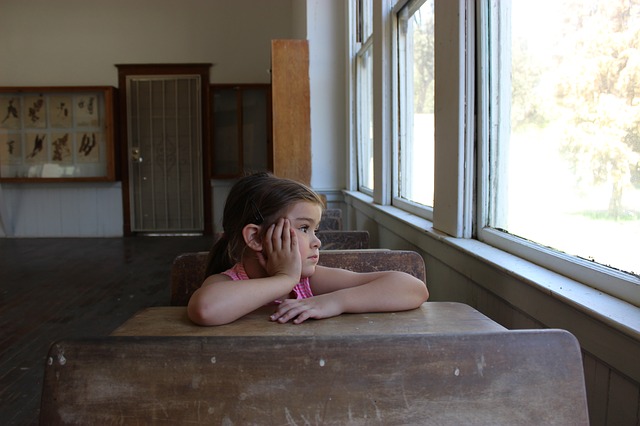

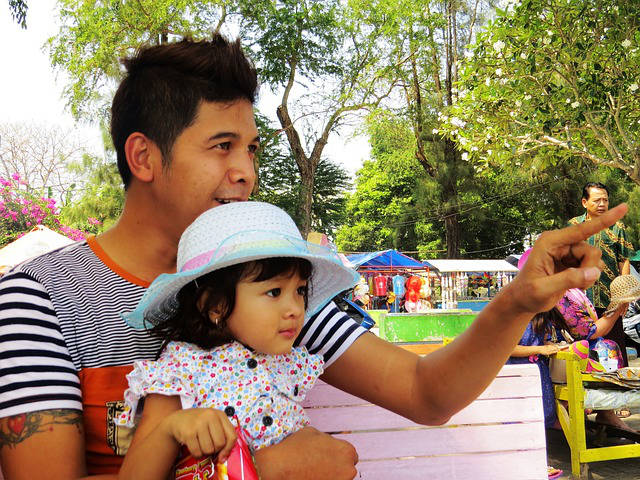
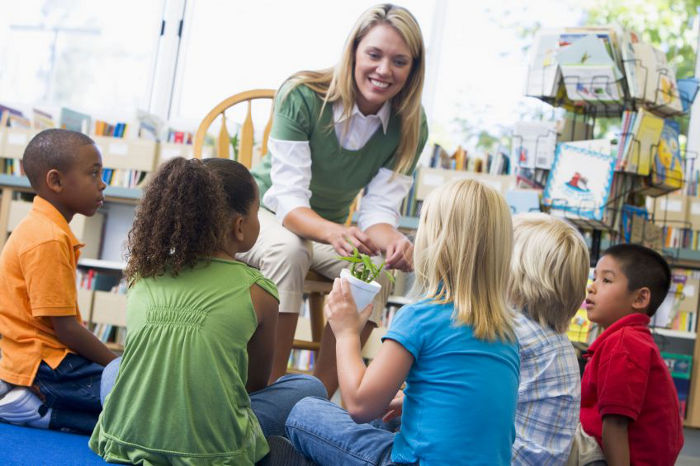


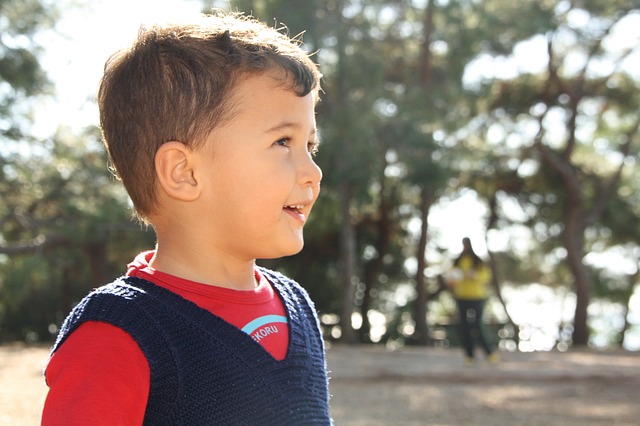












Leave a Comment: